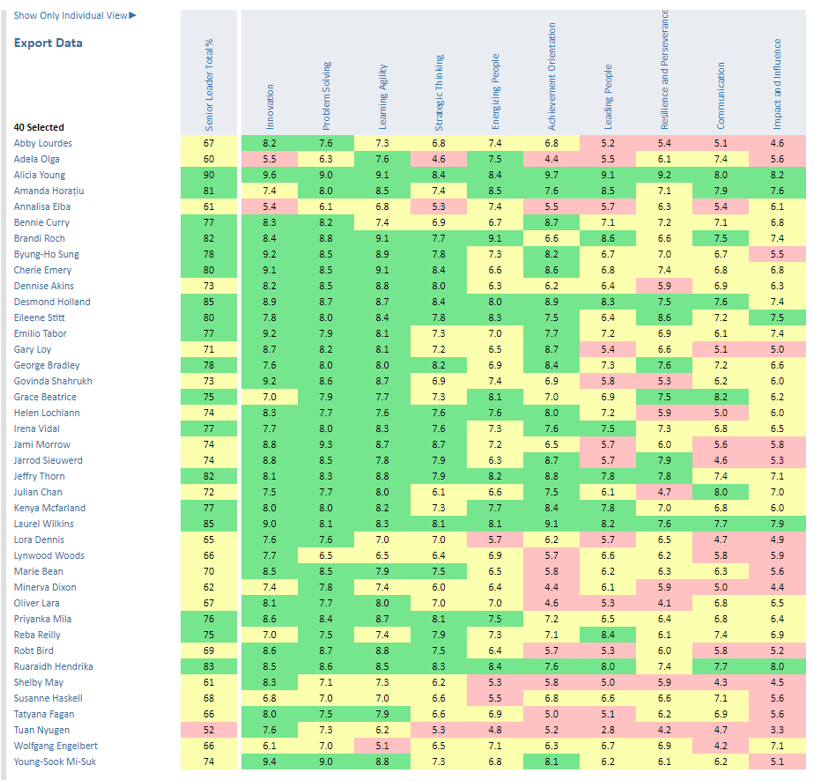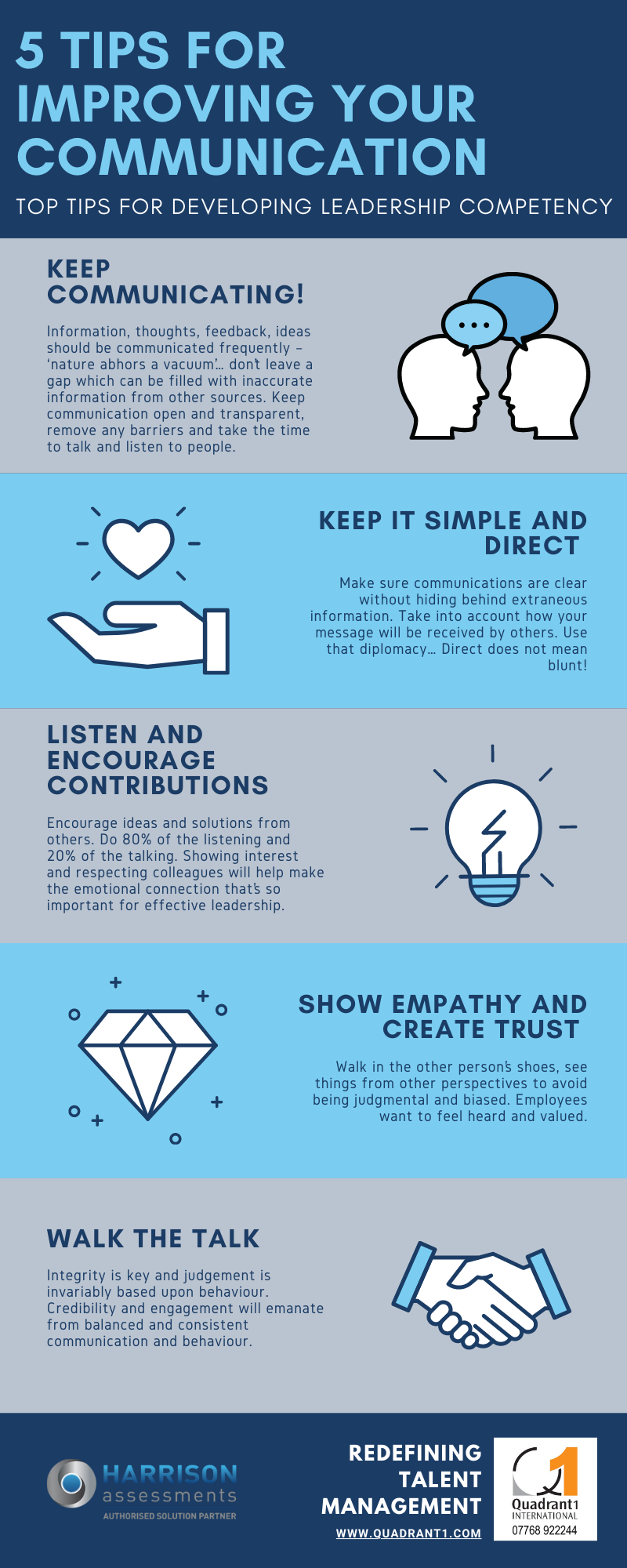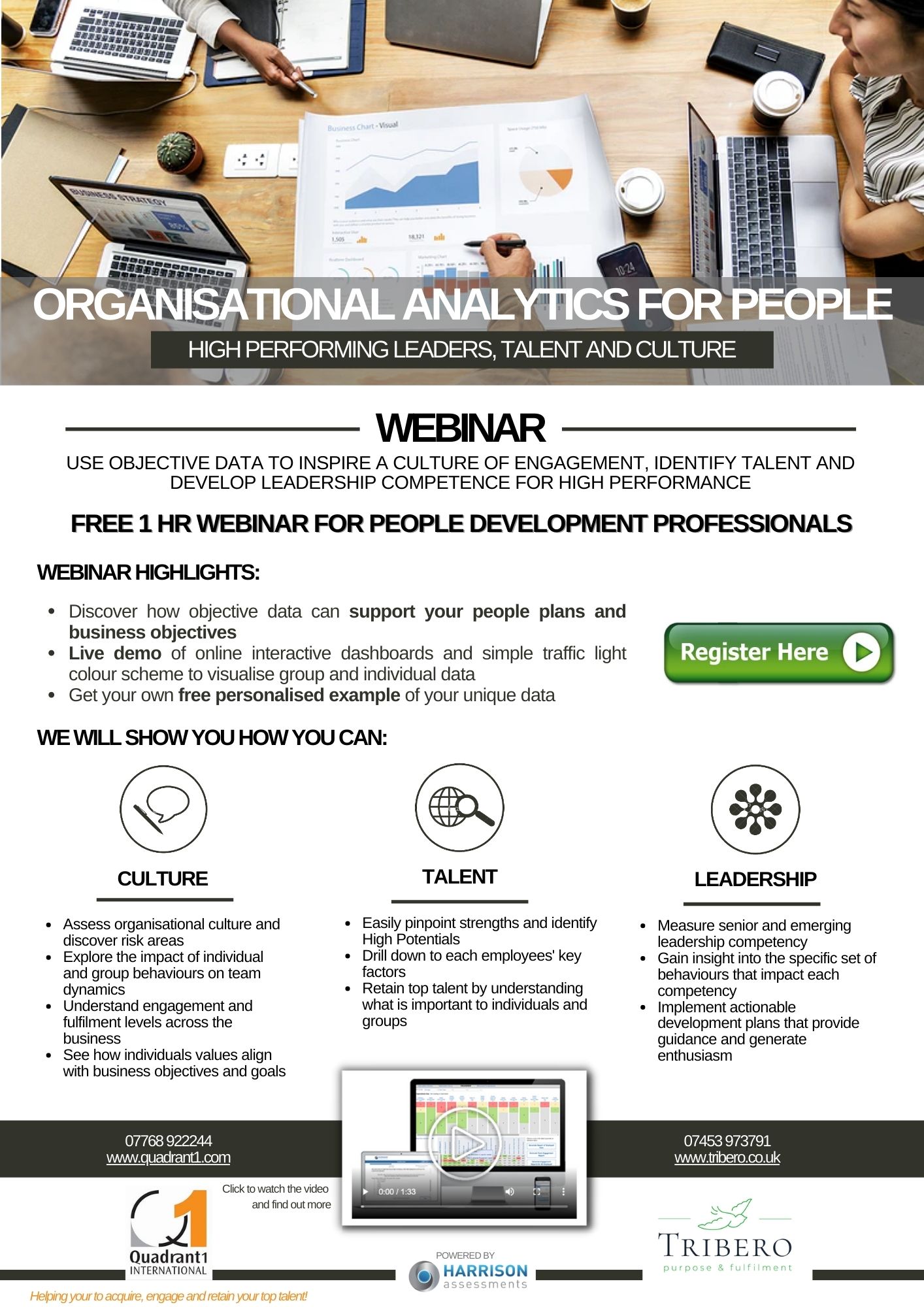Don’t expect feedback from internally referenced people
 The feedback black hole
The feedback black hole
You’ve just completed a great project, met the deadlines and brought it in on budget. You are feeling good but nobody says a word? As days go by nothing comes back and you start to doubt your success. The internal dialogue ramps up to a point where you become totally focused on whether or not you did indeed complete a successful project. You venture to ask a couple of questions of the people from whom you may have expected some positive feedback but the bemused looks set you back even further so what’s going on?
What’s happening?
Unconscious behaviour patterns are playing out here. You may have a high need for recognition and appreciation because your external reference system means you value other peoples opinions, external qualifications etc in order to measure your own success. Internally referenced people, on the other hand, measure their success against their own internal measures. They include the word ‘I’ to a large degree in their conversation and don’t need others to tell them they have done a good job. They will be bemused when externally referenced people ask for feedback and unconsciously view it as ‘needy’.
No feedback needed, thanks
Internally referenced people don’t take kindly to feedback because unconsciously they have a high degree of certainty that they are right (they are not always of course!). The unconscious thinking is that ‘if I don’t need feedback then nor does anyone else’. Consequently they don’t give it out and if they do it can sounds contrived and awkward. This type of behaviour can often come across as ‘confidence’ and will invariably help the internally reference person up the promotion ladder. They can also be very hard to give feedback to so here is a tip for you –

If you want to give feedback to an internally referenced person start with ‘Of course you probably already know this ……..’
If you would like to know more please get in touch with us 07768 92224 or pat@quadrant1.com. Sign up to our newsletter





 This is just a snapshot of the high-level Organisational Analytics data available just across these 10 Leadership competencies. You can also get data for your people and your organisation on:
This is just a snapshot of the high-level Organisational Analytics data available just across these 10 Leadership competencies. You can also get data for your people and your organisation on:






